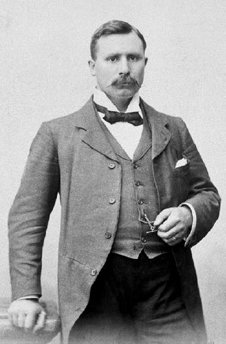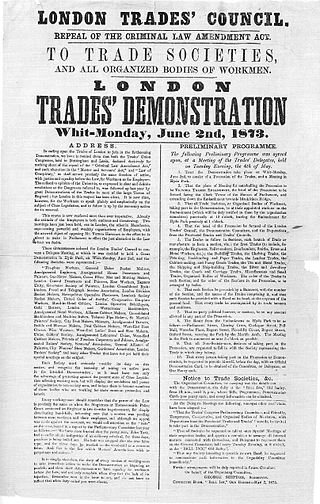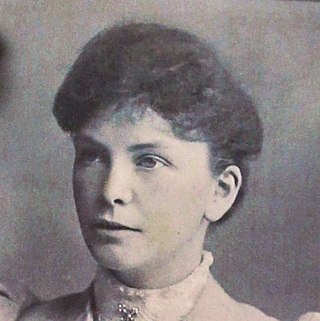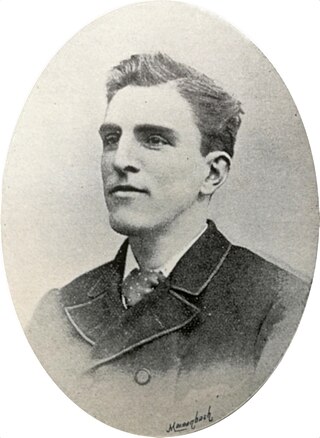
The Independent Labour Party (ILP) was a British political party of the left, established in 1893 at a conference in Bradford, after local and national dissatisfaction with the Liberals' apparent reluctance to endorse working-class candidates. A sitting independent MP and prominent union organiser, Keir Hardie, became its first chairman.

The Scottish Labour Party (SLP), also known as the Scottish Parliamentary Labour Party, was formed by Robert Bontine Cunninghame Graham, the first socialist MP in the Parliament of the United Kingdom, who later went on to become the first president of the Scottish National Party, and Keir Hardie, who later became the first leader of the Independent Labour Party and the Labour Party.

Thomas Mann, was an English trade unionist and is widely recognised as a leading, pioneering figure for the early labour movement in Britain. Largely self-educated, Mann became a successful organiser and a popular public speaker in the British labour movement.

Edward Reynolds Pease was an English writer and a founding member of the Fabian Society.
The 1888 Mid Lanarkshire by-election was a parliamentary by-election held on 27 April 1888 for the UK House of Commons constituency of Mid Lanarkshire in Scotland.
Frederick George Barton was a British socialist politician.

Isabella Ormston Ford was an English social reformer, suffragist and writer. She became a public speaker and wrote pamphlets on issues related to socialism, feminism and workers' rights. After becoming concerned with the rights of female mill workers at an early age, Ford became involved with trade union organisation in the 1880s. A member of the National Administrative Council of the Independent Labour Party, she was the first woman to speak at a Labour Representation Committee conference.
The United Patternmakers Association (UPA) was a trade union in the United Kingdom.
The 1897 Barnsley by-election, was a by-election held on 28 October 1897 for the House of Commons of the United Kingdom. It was notable for its role in the development of the Independent Labour Party.
James Frederick Henderson was an English socialist writer and journalist, and a Labour Party politician.
Frederick Tait was a British socialist activist.

The London Trades Council was an early labour organisation, uniting London's trade unionists. Its modern successor organisation is the Greater London Association of Trades (Union) Councils
John Penny was a British socialist activist.
The Council of Workers' and Soldiers' Delegates was established on 3 June 1917 at the Leeds Convention held in Leeds, England. The founding conference was attended by 1,150 delegates. It was inspired by the events of the Russian February Revolution.

Enid Stacy was an English socialist activist. Stacy was born on 10 June 1868 in Westbury, Gloucestershire, the eldest of the Irish painter Henry Stacy and his wife Rose Deeley's four children. The family moved to Bristol in 1881. She was raised in a Christian socialist household; her brother helped found the Bristol and Clifton Christian Socialist Society and her father later became involved with the Bristol Socialist Society. She studied at the University of Bristol, where she won the Whitworth Scholarship, and she then became a tutor at the Redland High School for Girls. There, she met Katharine St John Conway, with whom she shared an interest in John Ruskin and Anglo-Catholicism.
Bradford Trades Council brings together trade unionists in and around Bradford, in West Yorkshire in England.
The Colne Valley Labour Union (CVLU) was a political party based in the Colne Valley, in Yorkshire, in England. The first labour party organised on the basis of a Parliamentary constituency, it successfully backed Tom Mann as secretary of the Independent Labour Party, and Victor Grayson as the local Member of Parliament. Its successor is the Colne Valley Constituency Labour Party.

William Leonard Hall was a British trade union leader, journalist, and socialist activist, who held prominent positions in the Independent Labour Party.
James Tattersall was a British political activist.
John Lindsley was a British trade unionist and political activist.








